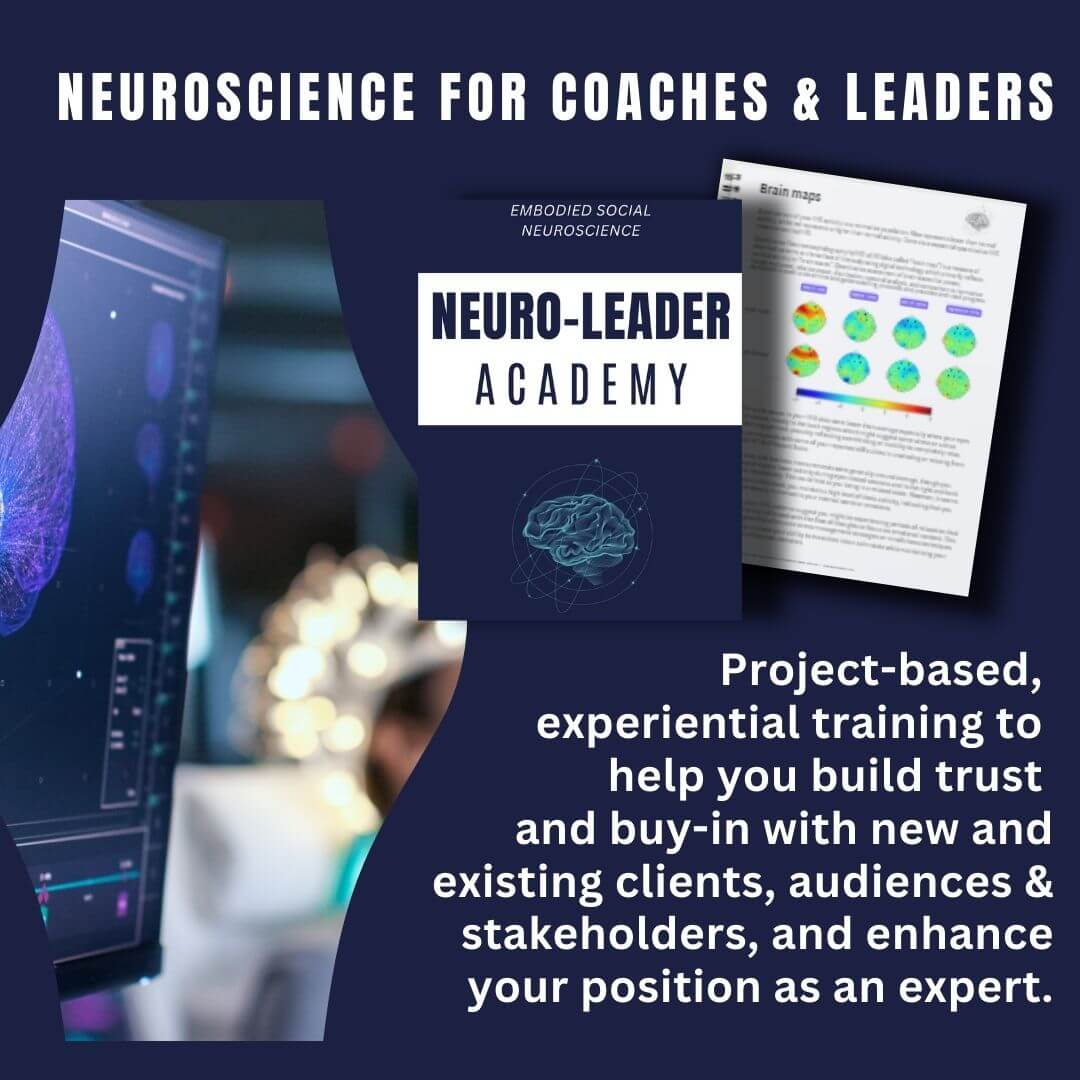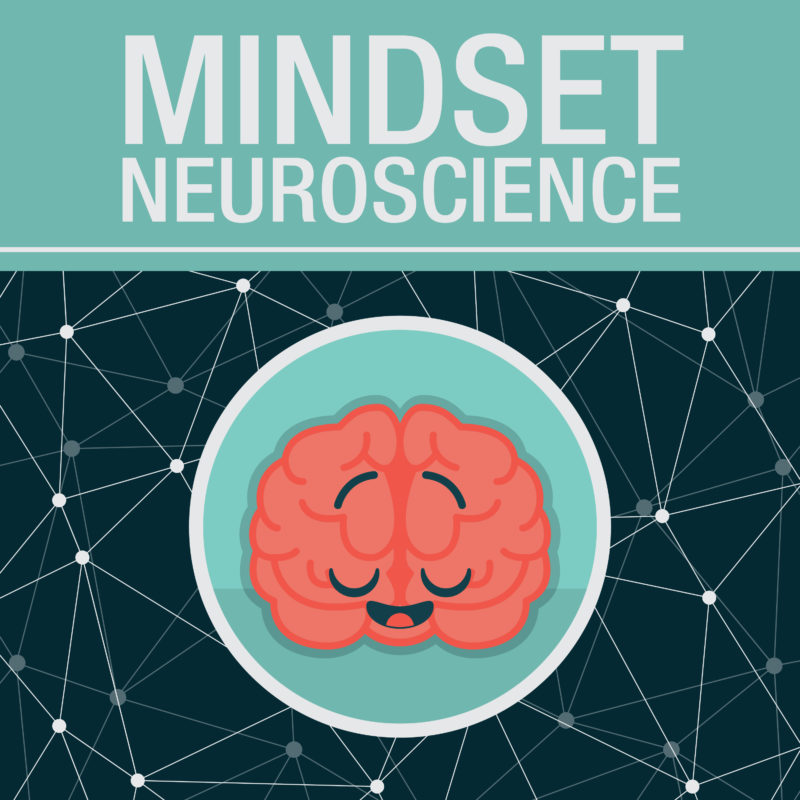“too often people typically spring into action based on what first comes to mind, and thus too often mind… And thus too often, wind up seeing the world through the lens of what they already know.”
- Maggie Jackson, Uncertain: The Wisdom and Wonder of Being Unsure
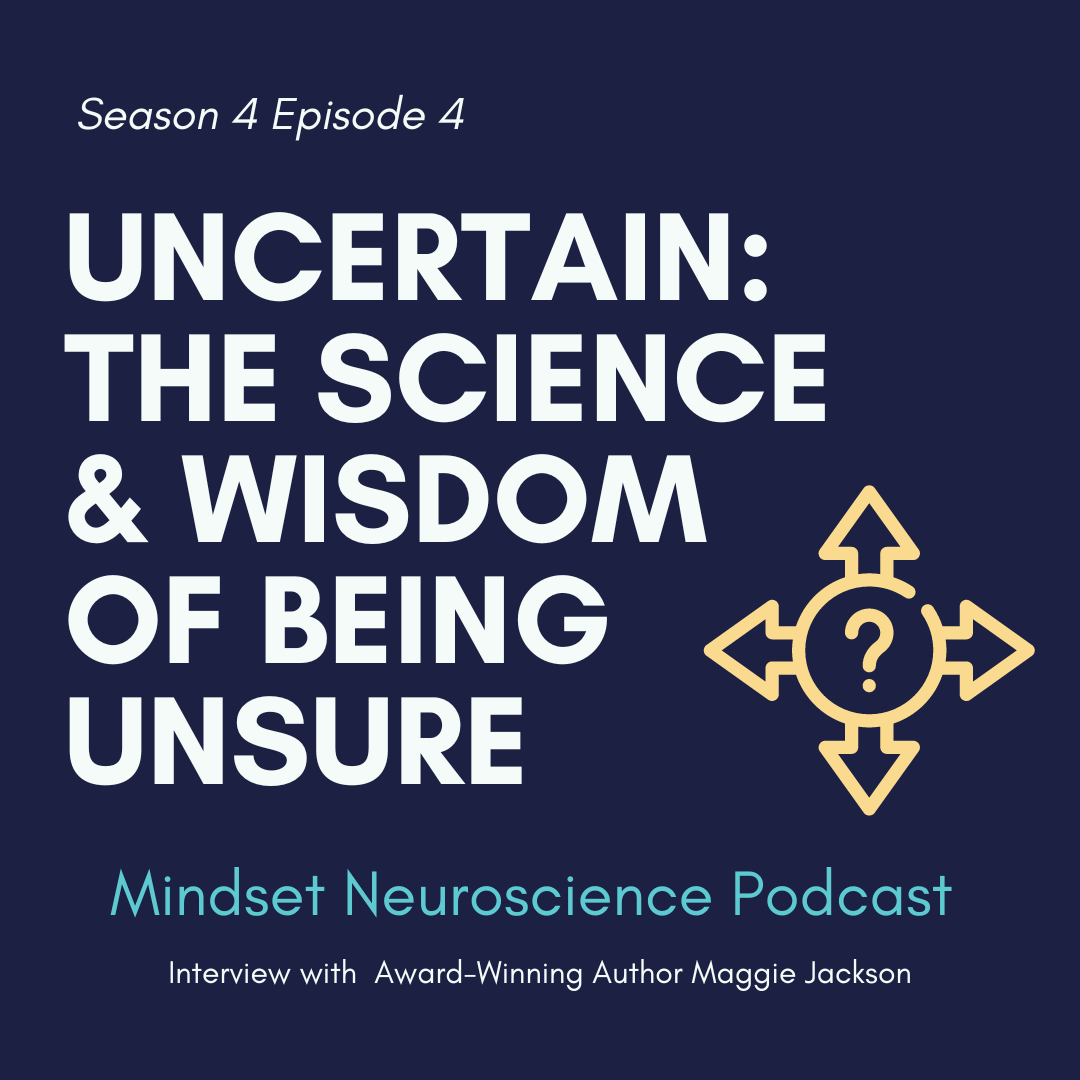
In this episode, I interview Maggie Jackson, who is an award-winning author and journalist, known for her writings on social trends, technology's impact on humanity, distraction. She won the 2020 Dorothy Lee Book Award for Outstanding Scholarship in the Ecology of Culture for her book, Distracted. She's also a former contributing columnist for the Boston Globe and has written for the New York Times and Wall Street Journal. My conversation with Maggie offers a lot of us to reflect on the role that uncertainty plays in our life.
Listen on Blubrry, Spotify or Apple Podcasts
Much of our talk centers on the science and research that reveals why uncertainty can have such positive and profound effects on our perception, learning, and growth.
One reason uncertainty can be good for us has to do with predictive processing.
Predictive processing suggests that our brains constantly generate predictions about the world based on our past experiences and knowledge. These predictions shape our perception, filtering out information that doesn't fit with our expectations. On another level, we are often trying to use the idea of knowing as a form of control. This attempt to control may keep us from opening up to that space of potential.
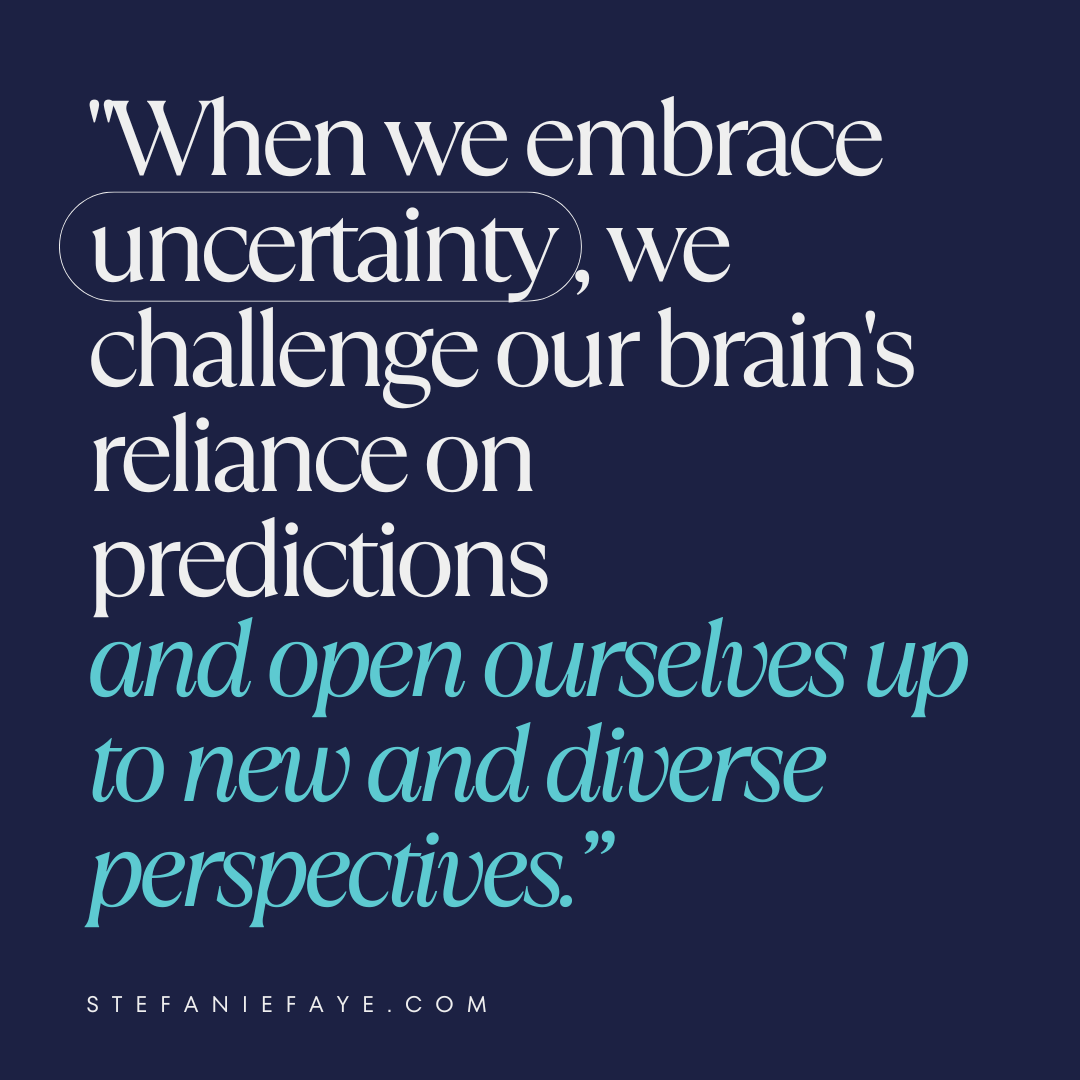
When we embrace uncertainty, we challenge our brain's reliance on predictions and open ourselves up to new and diverse perspectives.
This allows us to expand our perception and see the world in a more present and attuned way. By actively seeking out the potential within uncertainty, we tap into the power of curiosity and create opportunities for learning and growth.
Uncertainty as a Zone of Potential: re-framing discomfort
Seeking out the potential that lies within uncertainty also makes it easier to open up to what Maggie calls “ the vitality of a curiosity-driven approach”. This happens when we reframe what uncertainty means: that it is in fact a zone of potential. A space of possibility. Reframing arousal is a key part of harnessing the power of uncertainty and navigating the unfamiliar feelings that come from not knowing the answers.
We can reframe feelings of arousal or stress into an understanding that our body is actually becoming primed to learn, and to engage in "Wakeful Learning". (Stanislas Dehaene*)
*Stanislas Dehaene is one of my favorite researchers, who she interviews for this book.
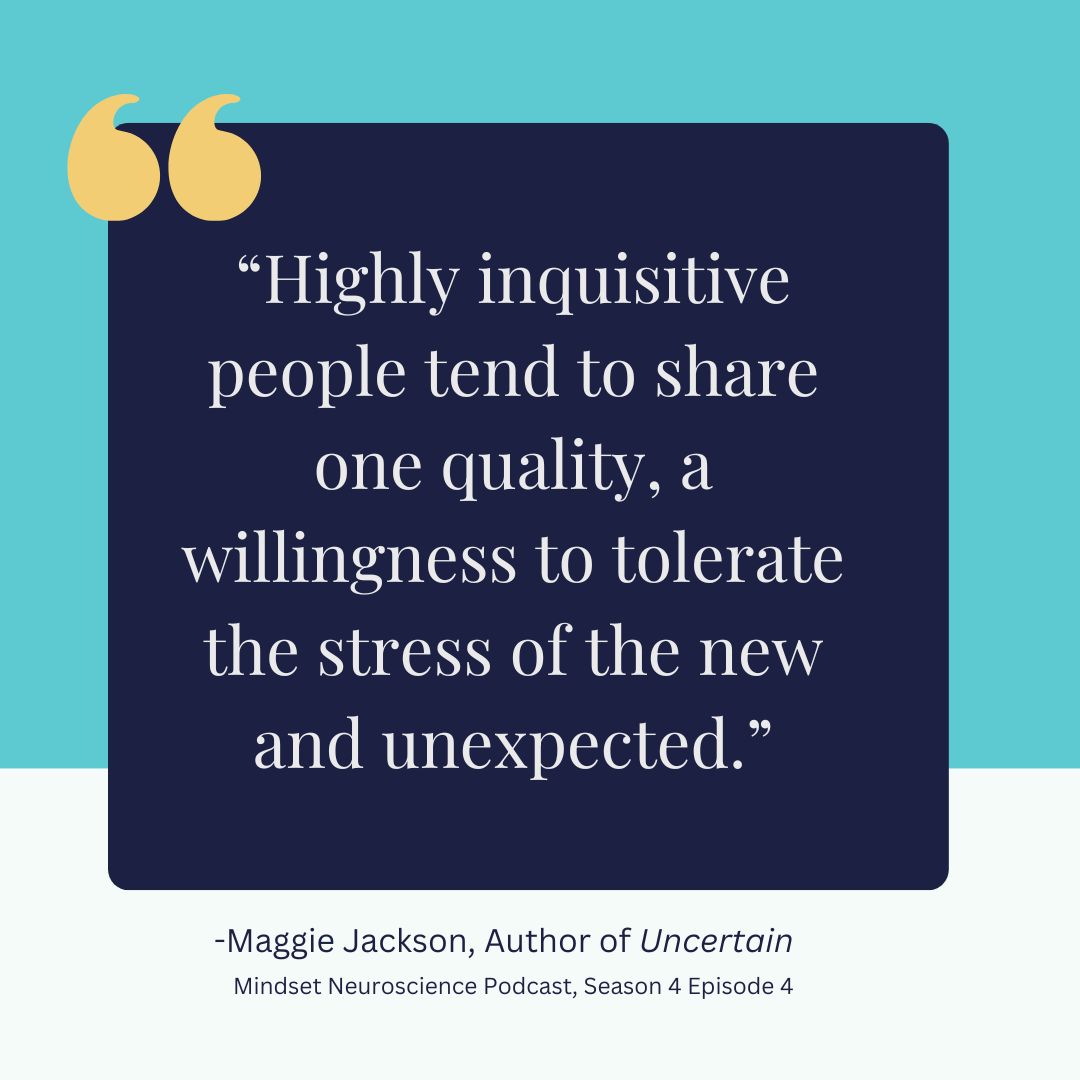
“Highly inquisitive people tend to share one quality, a willingness to tolerate the stress of the new and unexpected.”
This is also something for us to keep in mind within our own personal growth and within relationships… when we can tolerate some of the stress that happens as we let go of trying to control a situation, it can help us open up those attentional mechanisms that may help us be more highly attuned and therefore accurate to what is going on within our internal and social dynamics.
Embracing uncertainty requires us to trust our own intelligence.
It involves trusting the intelligence that is a part of us as complex adaptive systems. That we do have the capacity to constantly take new inputs, process them and make adjustments that are sensitive to every context that is emerging. That is who we are. We have the capacity to stay present, agile, and flexible, allowing life's intelligence to unfold before us, and respond accordingly at each moment. Research on resilience further supports the idea that navigating uncertainty is a vital skill for leading a fulfilling and meaningful life.
By opening up to the power of uncertainty, we surrender into the vast spaces of unknown potential and opportunities for expanding our minds in ways that we currently can’t even imagine.
I hope you enjoy the episode!
